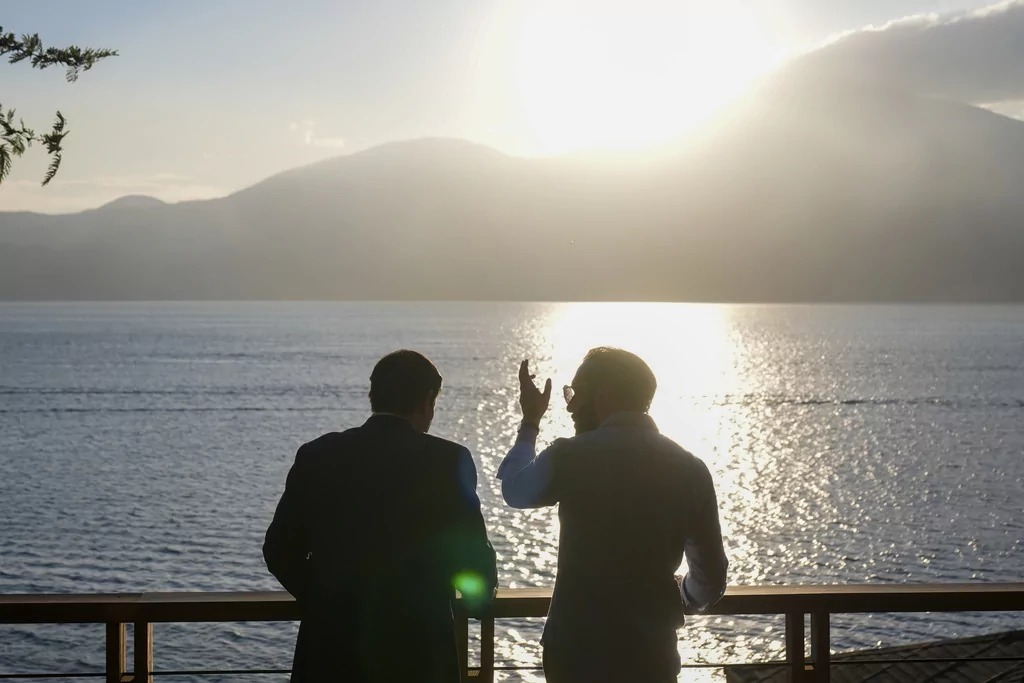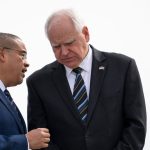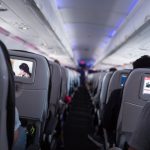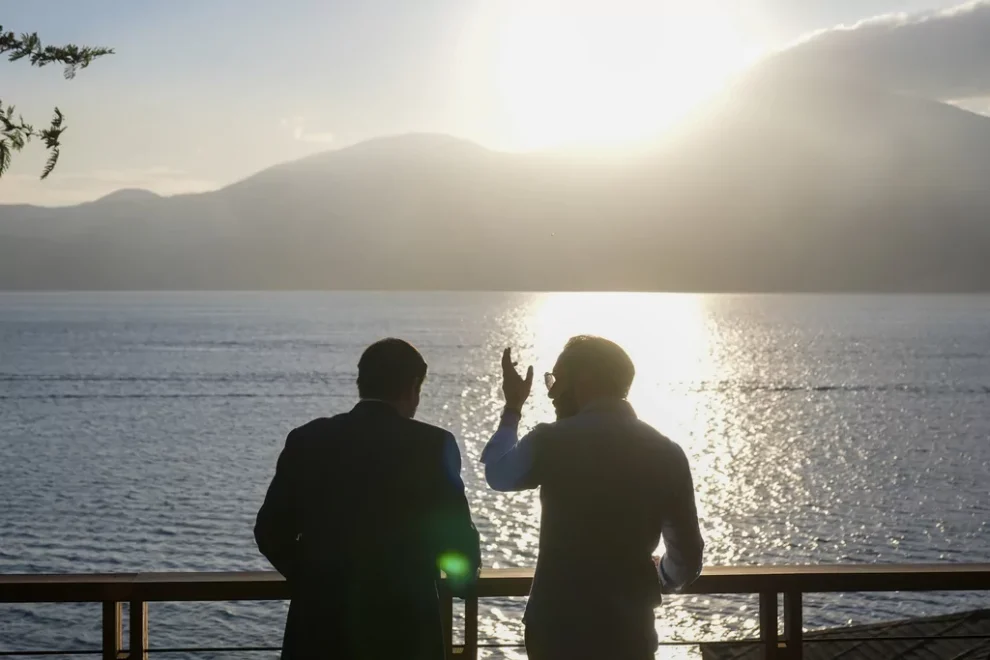The United States has lowered El Salvador’s travel advisory to its lowest level in another sign of warm relations between the two countries.
The travel advisory change was long a concern for El Salvador as the country looks to boost its new tourism industry. Throughout most of the Biden administration, El Salvador was granted a Level 3 travel advisory, “Reconsider Travel,” the second-highest rating possible. On Nov. 12, the advisory was reduced to Level 2 following protests from the newly formed congressional El Salvador Caucus.
On Tuesday, the Trump administration gave it the lowest rating possible, Level 1, reflecting the growing alliance between Salvadoran President Nayib Bukele and the new administration.

“Keeping Americans safe overseas is our highest priority. President @nayibbukele‘s leadership has been crucial in improving the security of his country for foreign travelers,” Secretary of State Marco Rubio wrote in a post on X on Tuesday. “Gang activity, violent crime, and murders in El Salvador have significantly dropped. The Trump Administration updated our Travel Advisory.”
Bukele was quick to celebrate the change, hailing it as the “U.S. State Department’s travel gold star.”
He shared an analysis from Santander, highlighting El Salvador’s “impressive tourism potential.”
“Now, with the updated travel advisory from @StateDept, unmatched security, new infrastructure, and fresh destinations in the works, we’re aiming for new all-time highs,” Bukele said, attaching a rocket emoji.
The El Salvador Caucus took credit for the move in a post on X, telling possible tourists, “Enjoy your vacation to surf city!”
The bipartisan caucus was formed in July, a development first reported by the Washington Examiner.
The Washington Examiner reached out to Rep. Anna Paulina Luna (R-FL), chairwoman of the El Salvador Caucus, for further comment.
Homeland security adviser Stephen Miller joined the celebrations on X.
“El Salvador is now certified as one of the safest tourism destinations on planet earth. Congrats @nayibbukele!” he said.
El Salvador’s ambassador to the United States, Milena Mayorga, said the change was a “recognition of the achievements” of Bukele, adding they were working on a similar change with Australia, Japan, and Switzerland.
According to Santander’s analysis, in just a few years, El Salvador has gone from one of the least appealing tourist destinations in Latin America to one of the most appealing. It credits the change to the dollarized economy, “visible improvement in infrastructure,” and the “impressive improvement in security.”
“The average daily homicide rates are approaching zero through the last few months of 2024 and total annual homicides of 114 against a peak of 6,656 in 2015. The boom in construction and much higher mobility have allowed for the exploitation of the eco-tourism industry. The full year 2024 estimate for tourism arrivals at just shy of 4 million now far exceeds the regional peers, including the average 3 million annual tourists for Costa Rica, Guatemala, and Panama,” the analysis wrote.
The tourism industry now accounts for 12% of El Salvador’s gross domestic product, compared to 5%-6% in 2019. It broke the record for its highest number of tourists ever in 2024 at nearly 4 million, a year after breaking the previous record at 3.4 million.
In an August interview with the Washington Examiner, Tourism Minister Morena Ileana Valdéz Vigil stressed the growing importance of the tourism industry for El Salvador’s economy, especially tourism from the U.S. By August, 40% of tourists had come from the U.S., with the travel advisory increase set to increase this total.
To showcase the change in safety, Valdez said the country has seen an influx of women traveling alone.
“And the first thing that you can read in our surveys is because of the security environment in the country. … We also have a lot of tourism of women, women alone,” she said. “That’s another important tourism sector … young women that want to come because they feel safe coming to El Salvador, they feel safe taking public transportation.”
Most importantly for the U.S., Valdez argued, was an indirect outcome — a decrease in emigration.
“We have been working a lot with the U.S. Embassy and USAID in the promotion of programs for juvenile employment,” she said. “Precisely what we are working on, it’s on the nonmigration, on preventing migration towards the United States. Because we don’t want the American dream. We want the Salvadoran dream. We want you to stay in the country through the development of labor in the tourism sector.”
GAETZ COMMEMORATES ‘ZENITH’ OF US-EL SALVADOR RELATIONS
El Salvador has flexed its newfound tourist industry by hosting several international events, something previously unthinkable, such as the Miss Universe pageant in 2023, held in the country for the first time since 1975.
Though Valdez suspected lowering the travel advisory would take some time, it went from Level 3 to Level 1 in under a year.




























